Pakistan warns Israel's strikes on Iran pose grave threat to regional, global security
Ambassador Asim Iftikhar Ahmad strongly condemns Israel's “unjustified and illegitimate” aggression against Iran
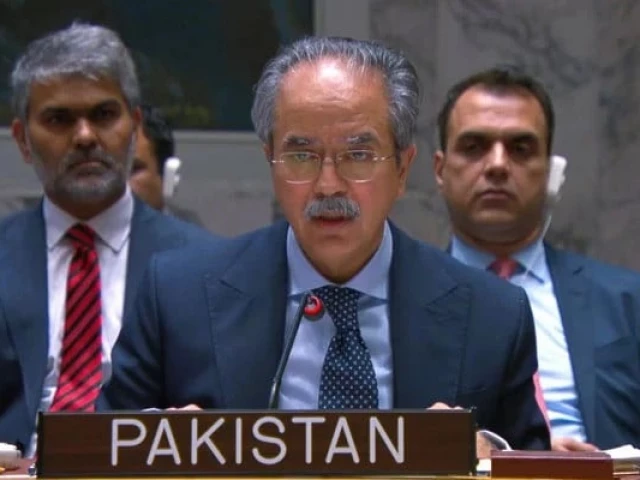
Israel's strikes on Iranian nuclear and military facilities have been described as a “grave danger and a serious threat” to the peace, security, and stability of the entire region and beyond, Pakistan told the UN Security Council during an emergency session convened on Friday.
The 15-member Council adjusted its original schedule to address the rapidly evolving crisis, hearing from the head of the UN nuclear watchdog, who warned of the grave risks to both regional stability and nuclear safety.
In his remarks, Ambassador Asim Iftikhar Ahmad, Pakistan's permanent representative to the UN, strongly condemned Israel's “unjustified and illegitimate” aggression against Iran. He reaffirmed that Pakistan stood in resolute solidarity with the Iranian government and people.
Iran’s Foreign Minister Abbas Araghchi had requested the Security Council meeting, stating that Israel had “now crossed every red line,” urging the international community to ensure that these crimes were not left unpunished.
Among those supporting the request for the meeting were Pakistan, China, and Russia.
In the face of escalating tensions, Ambassador Ahmad urged the Security Council to uphold its responsibility to enforce international law and immediately halt the aggression. He strongly called for the resolution of the crisis through dialogue and diplomacy.
During the meeting, Rosemary DiCarlo, the UN Under-Secretary-General for Political Affairs, briefed the Council on the repercussions of the attacks, which were already being felt across the region.
“I reaffirm the Secretary-General’s condemnation of any military escalation in the Middle East,” she said, urging both Israel and Iran to exercise maximum restraint and avoid, “at all costs, a descent into a deeper and wider regional conflict.”
She also highlighted that the military escalation had occurred just as “some significant diplomatic developments” were unfolding, including the planned resumption of US-Iranian talks in Oman, which Iran has now indicated it will no longer attend.
DiCarlo urged all parties to stay committed to diplomacy, stating, “A peaceful resolution through negotiations remains the best means to ensure the peaceful nature of Iran’s nuclear programme.”
She added, “We must avoid, at all costs, a growing conflagration that could have enormous global consequences.”
Rafael Grossi, Director-General of the International Atomic Energy Agency (IAEA), also briefed the Council, saying his agency was in constant contact with Iran's Nuclear Regulatory Authority to assess the status of affected facilities and determine the broader impacts on nuclear safety and security.
He stressed that nuclear sites should never be targeted under any circumstances. “Such attacks have serious implications for nuclear security, safety, and safeguards, as well as for regional and international peace and security,” Grossi said.
He added that he was ready to travel to the region as soon as possible to assess the situation and support safety, security, and non-proliferation efforts in Iran.
“It is clear that the only sustainable path forward for Iran, Israel, the entire region, and the international community is one grounded in dialogue and diplomacy to ensure peace, stability, and cooperation,” Grossi concluded.
He also offered the IAEA as a neutral platform, where “facts prevail over rhetoric” and where technical engagement can replace escalation. “I reaffirm both my personal commitment and the agency’s readiness to facilitate dialogue and support efforts that promote transparency, security, and the peaceful resolution of nuclear issues in Iran.”





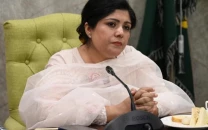
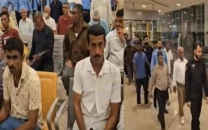


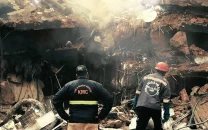
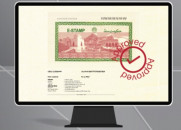
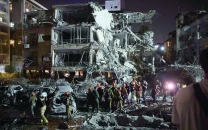
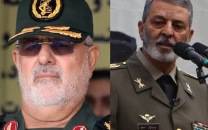
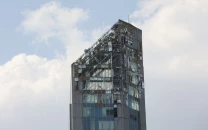












COMMENTS
Comments are moderated and generally will be posted if they are on-topic and not abusive.
For more information, please see our Comments FAQ